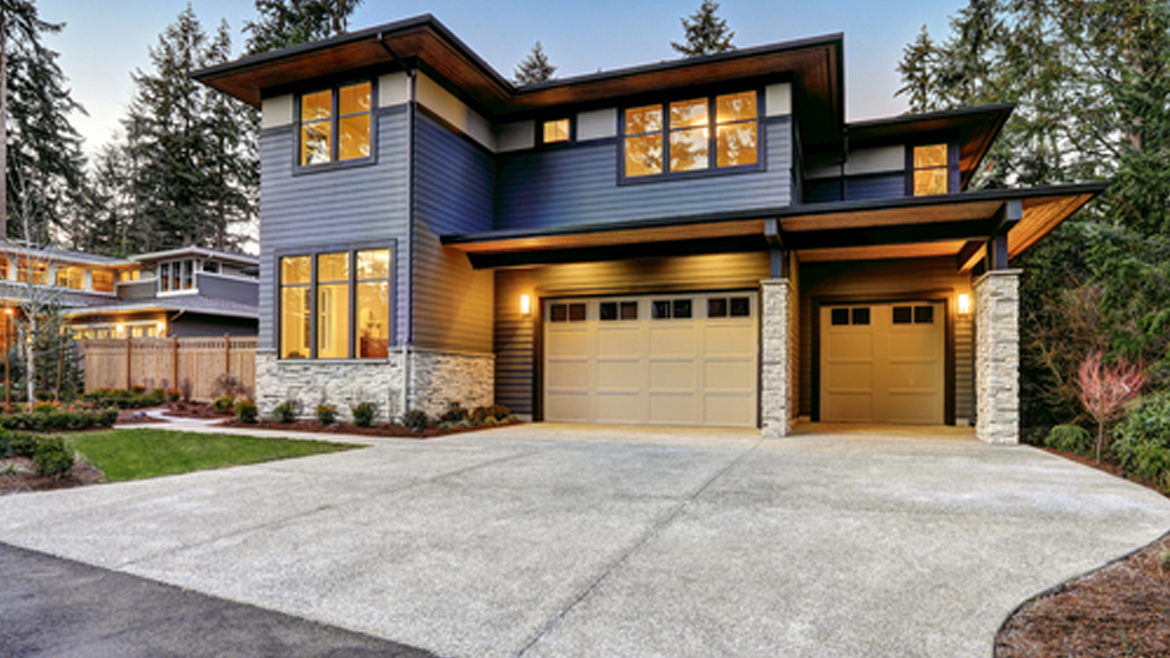Masonry Safety Standards and Building Codes in San Diego

In San Diego, where masonry construction is both popular and practical due to the region’s climate and style preferences, adhering to safety standards and building codes is crucial. These regulations ensure that masonry work not only enhances a property’s aesthetic and functional value but is also safe and compliant. This blog explores key safety standards and building codes relevant to masonry in San Diego, offering insights for homeowners and builders looking to navigate these requirements effectively.
1. Understanding Local Building Codes
San Diego’s building codes are designed to ensure safety, sustainability, and resilience in all types of construction, including masonry. Familiarity with these codes is essential for any project, as they dictate everything from the types of materials that can be used to how structures must be designed to withstand seismic activity. Key documents include the California Building Code (CBC) and local amendments that specifically address San Diego’s unique climate and geographical challenges.
2. Seismic Safety Requirements
Given California’s susceptibility to earthquakes, seismic safety is a major concern in masonry construction. San Diego building codes require that masonry structures be reinforced to resist seismic forces. This typically involves the use of steel reinforcement bars and seismic ties in brick masonry, as well as detailed attention to the mortar and bonding patterns that provide additional structural integrity.
3. Material Quality and Compliance
The quality of masonry materials used in construction must meet specific standards to comply with local codes. This includes everything from the strength of the bricks and blocks to the composition of the mortar. Using certified materials that conform to ASTM (American Society for Testing and Materials) standards is crucial for compliance and safety.
4. Fire Resistance Ratings
Masonry is favored for its excellent fire-resistant properties. San Diego building codes specify minimum fire resistance ratings for different types of buildings and parts of buildings. Masonry walls are often required to have fire-resistance ratings of one to four hours, depending on their location and function within the structure. Understanding these requirements is essential for designing safe, compliant buildings.
5. Energy Efficiency Considerations
San Diego’s building codes also include provisions for energy efficiency, part of a broader effort to reduce environmental impact. Masonry’s thermal mass properties make it excellent for energy conservation, but proper insulation and installation techniques must be used to meet or exceed the required energy performance standards. These considerations are particularly important in light of California’s Title 24 energy efficiency standards.
6. Accessibility and Safety Features
Accessibility is a key component of building codes, ensuring that buildings are usable and safe for all individuals, including those with disabilities. Masonry construction must accommodate considerations like door widths, ramp inclines, and surface textures, as dictated by the Americans with Disabilities Act (ADA) and local codes.
7. Permitting Process and Inspections
Before masonry construction can begin, a detailed review and approval of the building plans are required by local authorities. This permitting process ensures that all aspects of the design meet safety standards and building codes. Following approval, construction must be periodically inspected by city officials to ensure ongoing compliance with the approved plans and codes.
Navigating the safety standards and building codes in San Diego is a critical step in any masonry project. By adhering to these regulations, builders not only ensure the safety and legality of their constructions but also contribute to the overall quality and durability of the built environment. At STP Masonry, we pride ourselves on our deep understanding of these standards and our commitment to excellence in safe, compliant masonry construction.


